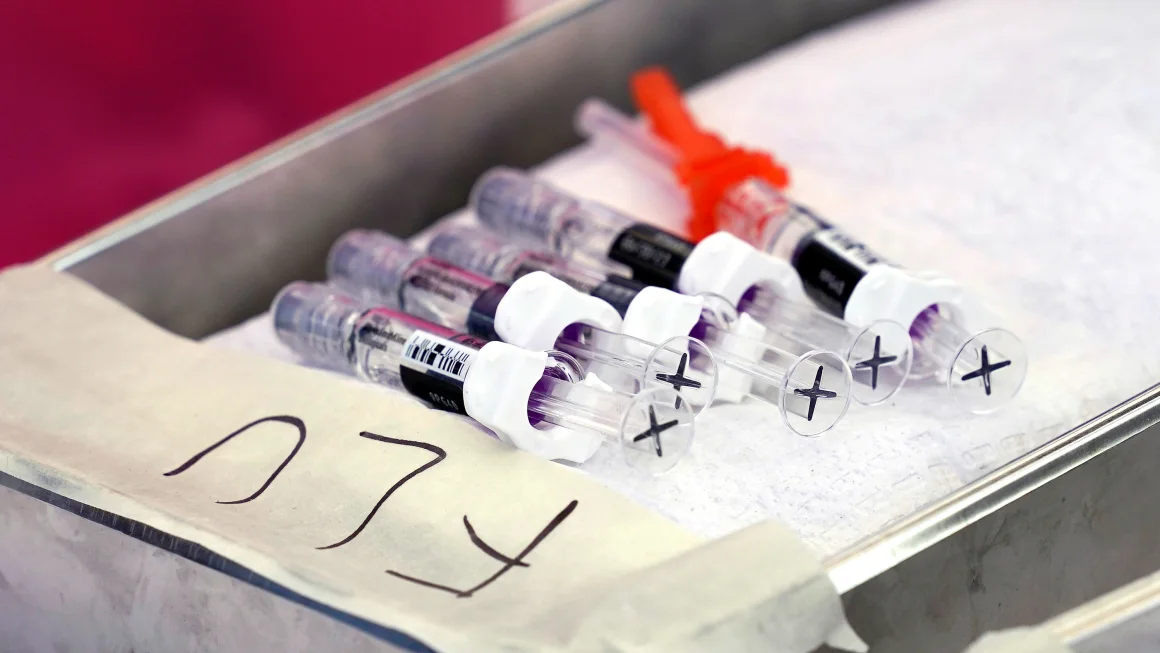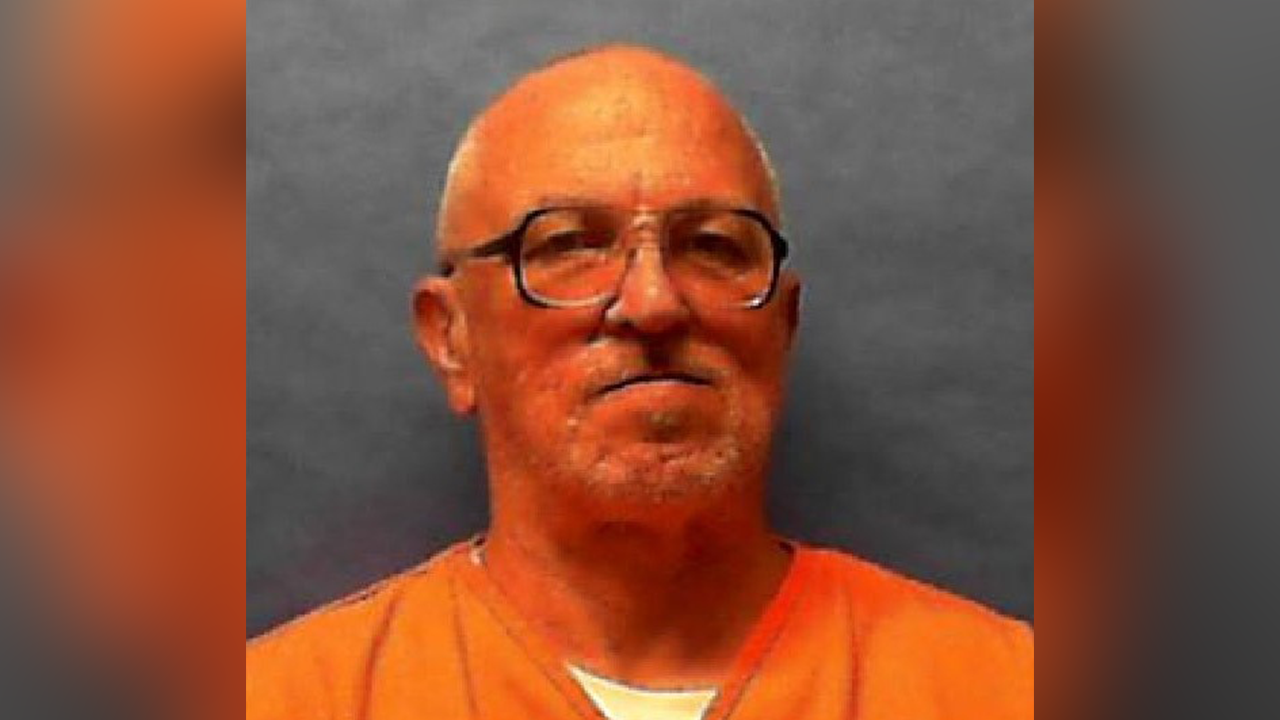The February meeting of the CDC’s Advisory Committee on Immunization Practices, or ACIP, was postponed “to accommodate public comment,” according to a note online. The three-day meeting, which had been scheduled for this week, was to review the safety and effectiveness of vaccines for meningococcal disease, which is seeing a resurgence, as well as RSV, flu, chikungunya and mpox. It also included two votes related to Vaccines for Children, the government program that buys and distributes vaccines to state and local health departments for children whose families wouldn’t otherwise be able to pay for them.
On Wednesday, the FDA canceled a March 13 meeting of its Vaccines and Related Biological Products Advisory Committee, which was to discuss the recipe manufacturers must follow to make this fall’s flu shots. No explanation was given for the cancellation.
In a statement to CNN on Thursday, the FDA said it would still weigh in on the makeup of flu shots but didn’t indicate whether it would seek its advisers’ guidance or allow for the public discussion and debate that usually occurs.
“The FDA will make public its recommendations to manufacturers in time for updated vaccines to be available for the 2025-2026 influenza season,” the statement said.
The uncertainty around the government’s process for regulating and recommending vaccines comes as the US is in the grips of a brutal flu season and experiencing a resurgence of measles, a vaccine preventable disease. Experts say these infections are increasing because of growing hesitancy to use vaccines, something they fear the new HHS director will only encourage.
Kennedy casts doubt on vaccine advisers
Kennedy maintains that he is not anti-vaccine, but he has repeatedly cast doubt on the safety and effectiveness of immunizations and questioned the research and regulations that allow them to be used.
Kennedy, whose financial disclosures show he has made money from law firms that sue vaccine manufacturers, has also impugned some of the experts who advise federal agencies on vaccines. During his confirmation hearings, Kennedy incorrectly stated that 97% of the members of the CDC’s vaccine advisory committee had conflicts of interest. In fact, the panel has strict policies to guard against conflicts, and a screening process for members to ensure they are impartial when they vote.
Members of FDA’s vaccine committee are also subject to strict conflict of interest rules and are required to disclose potential conflicts during meetings.
This week, former CDC Director Dr. Tom Frieden wrote that false claims that ACIP members vote based on their financial ties is among the “most damaging” falsehoods about vaccines.
Frieden said the 97% figure comes from a 2009 report, issued when he was CDC director. He is now president and CEO of the nonprofit Resolve to Save Lives.
It was an audit of lengthy and detailed conflict of interest forms submitted by all experts who served as CDC advisers in 2007. He said 97% had at least one missing response, which could have meant someone forgot to do something as simple as initial a page. He said it is not the same thing as a conflict of interest.
“I really think that this is classic misinformation,” Frieden told CNN.
Frieden also raised alarm about the postponed ACIP meeting, writing in a recent post on LinkedIn, “It’s certain there will be misleading, inaccurate information claiming ACIP members have conflicts of interest. Here’s the plain truth: ACIP, made up of pediatricians, public health specialists, and parents, is the gold standard for open, transparent recommendations on vaccine safety and effectiveness.”







